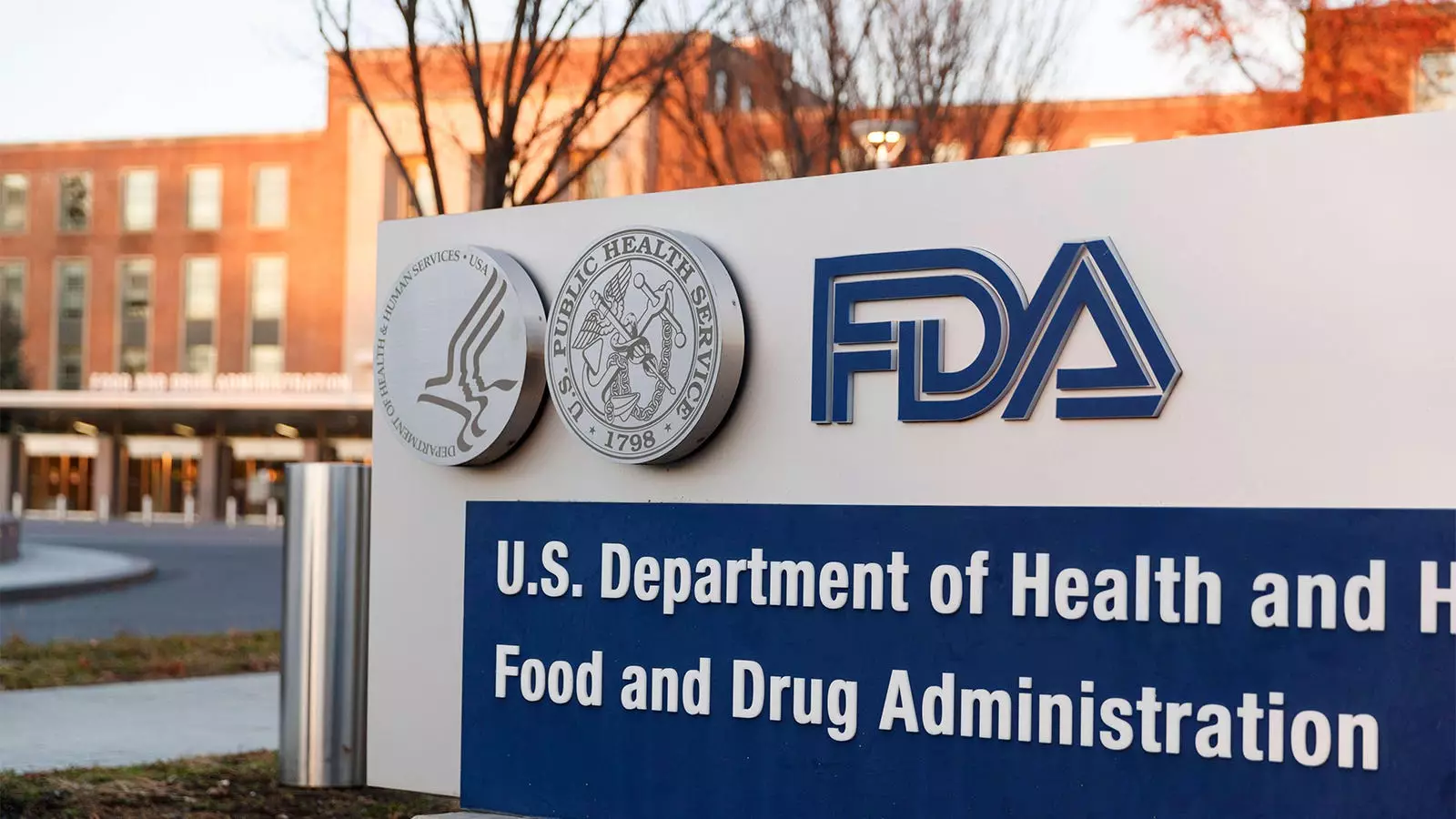The accelerated approval pathway established by the U.S. Food and Drug Administration (FDA) has long been a double-edged sword. While it promises swift access to potentially life-saving drugs for patients with severe conditions, it also raises significant concerns regarding oversight and accountability. A recent report by the Office of Inspector General (OIG) of the Department of Health and Human Services (HHS) brings these issues to the forefront, highlighting the need for more robust frameworks to ensure that the FDA utilizes its accelerated approval system appropriately. The recommendations made by the OIG are not just timely but vital for restoring confidence in the FDA’s decision-making processes.
Aducanumab, more commonly known by its brand name Aduhelm, serves as a stark example of the pitfalls within the accelerated approval system. In 2021, the FDA’s decision to approve this Alzheimer’s drug ignited a firestorm of criticism from various sectors, including Congress and the medical community. Concerns centered around the FDA’s reliance on surrogate endpoints, which are not always indicative of tangible clinical benefits. The approval of Aduhelm was particularly controversial because it was linked to a lack of solid evidence demonstrating its efficacy in improving patient outcomes.
The OIG’s report, prompted by Aduhelm’s controversial approval, scrutinizes the FDA’s decision-making and the apparent deviation from established protocols. This situation not only compromises the integrity of the FDA’s approval system but also has broader implications for public health, as patients may be led to believe in the effectiveness of treatments that may not deliver the promised benefits.
The OIG’s examination of 24 accelerated drug approvals revealed a troubling trend: three drugs, including Aduhelm, displayed significant deviations in the approval process. The other two drugs scrutinized were hydroxyprogesterone caproate (Makena) and eteplirsen (Exondys 51). Both of these drugs have faced persistent scrutiny regarding their effectiveness, leading to their eventual market withdrawal. Notably, the OIG points out that while the FDA generally adheres to a well-defined approval process, the cases of these three drugs illustrate how lapses can lead to approvals that lack sufficient scientific backing.
Dr. Benjamin Rome from Brigham and Women’s Hospital emphasized the risk of maintaining a lax approach towards evidentiary standards, particularly given that new treatments, including expensive gene therapies, are being authorized based on similar shaky foundations. With exorbitant costs often exceeding $1 million annually for these therapies, the financial implications for both patients and the healthcare system illustrate another dimension of the cancelable aspects of the FDA’s accelerated approval pathway.
The OIG’s recommendations reflect the necessity for a more transparent and structured approach to the accelerated approval process. By articulating clear criteria for when its intra-agency accelerated approval council should engage in discussing specific drug applications, the FDA can potentially mitigate the risks associated with arbitrary decision-making.
Documentation of meetings with drug manufacturers is another critical area indicated in the OIG’s report. The absence of comprehensive records not only fuels speculation regarding the integrity of interactions between the FDA and pharmaceutical companies but also raises questions about accountability. The FDA’s concession regarding the need for better documentation is a step forward, yet the agency’s dismissal of the recommendation to formally evaluate all accelerated approval applications demonstrates a reluctance to embrace necessary systemic changes.
The FDA’s accelerated approval pathway was designed to expedite access to essential treatments for patients facing dire health challenges, but recent developments suggest that the system is in dire need of reforms. The OIG’s report serves as both a warning and a call to action, advocating for more stringent guidelines and improved documentation practices to ensure that patients receive safe and effective treatments based on solid scientific evidence. As the FDA navigates this complex landscape, it must prioritize patient safety and accountability over expediency to restore trust in its regulatory framework. The fate of vulnerable patients hangs in the balance, making it imperative for the FDA to act decisively in reforming its accelerated approval process.

